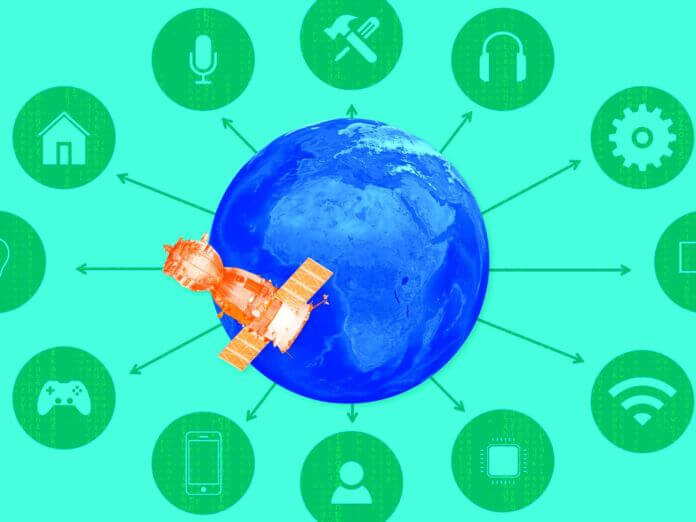
The Sustainable Development Goals (SDGs) comprise 17 global objectives established by the United Nations in 2015 to achieve a more sustainable future by 2030. Harnessing the power of the Internet of Things (IoT), companies can make significant strides towards these goals by leveraging data to optimize processes, enhance efficiency, and reduce waste. Several statistics highlight how IoT drives sustainable development:
According to the Global e-Sustainability Initiative (GeSI), IoT solutions have the potential to reduce global greenhouse gas emissions by 16.5 percent by 2030. By enabling smart energy management, waste reduction, and resource optimization, IoT plays a crucial role in combating climate change.
Studies by Intel indicate that the adoption of IoT solutions in the energy sector can result in energy consumption reductions of up to 30 percent. Real-time data monitoring and analysis enable companies to identify inefficiencies, optimize energy usage, and drive sustainable practices.
The World Economic Forum (WEF) estimates that IoT implementation in precision agriculture can increase crop yields by up to 70 percent and reduce water consumption by up to 90 percent. By leveraging IoT sensors, farmers can gather critical data on soil moisture, nutrient levels, and weather patterns, allowing for precise irrigation and resource management.
The United Nations predicts that IoT deployment in smart cities could generate worldwide savings of $5 trillion by 2022, while simultaneously reducing greenhouse gas emissions by 15 percent. IoT-enabled infrastructure, including smart lighting, waste management, and transportation systems, enhances efficiency, improves public services, and promotes sustainability.
Cisco’s report highlights the potential impact of IoT in supply chain management, estimating that it can reduce logistics costs by up to 30 percent and improve delivery times by up to 40 percent. Real-time tracking and monitoring of goods enable enhanced inventory management, route optimization, and streamlined operations, leading to cost savings and reduced environmental footprint.
These statistics demonstrate the substantial potential of IoT in aligning businesses with the SDGs, facilitating process efficiency, informed decision-making, and cost reduction. By leveraging IoT solutions, companies can integrate sustainable practices into their operations, contributing to a more environmentally friendly and socially responsible future.
In conclusion, the integration of IoT technologies provides a powerful means for companies to advance their sustainability goals as outlined by the SDGs. By leveraging real-time data, IoT drives sustainable development by enabling process optimization, efficiency improvements, and waste reduction across various sectors. Through the adoption of IoT, businesses can actively contribute to a more sustainable future, while also reaping benefits such as cost savings, enhanced decision-making, and increased operational efficiency.
Tweet
Share
Share
- Sustainability
- Agriculture
- Smart Cities
- Sustainability
- Agriculture
- Smart Cities
